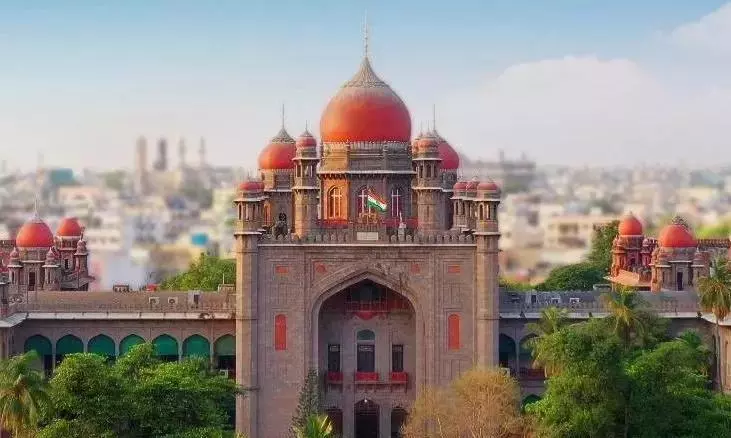
The Telangana High Court on Monday said that it would consider the matter of fixing the timeline to complete the local body elections, which have been delayed by around 18 months. The court did not agree with the contentions of the state government as well as the State Election Commission (SEC) that they required more time to commence the process.
Justice T. Madhavi Devi of the High Court was dealing with five petitions filed by ex-sarpanchs of various gram panchayats like Kurampalli in Nalgonda district, in 2024. They had requested the court to continue them as sarpanchs of their respective gram panchayats (GPs) till the elections were conducted.
Senior counsel J. Prabhakar and counsels Gummala Bhaskar Reddy and Chinnolla Naresh Reddy appearing for the petitioners brought to the notice of the court that the state government had promised the court in October 2024 that the elections will be conducted by February 2025. It failed to comply with the promise, and there was no whisper on conducting of the elections.
Counsels also submitted that the SEC was acting as a silent spectator and not even questioning the government on the delay. They cited the Supreme Court judgment in ‘Kishan Singh Tomar v. Municipal Corporation of Ahmedabad’, which addressed the critical issue of adherence to constitutional mandates (Article 243U) for local body elections like municipal bodies and others, holding polls within five years of the previous elections, without any exception.
In the ‘Tomar’ judgment, the apex court had emphasised that the delays attributed to administrative processes or procedural requirements did not absolve the SEC from adhering to the constitutional timeline. The apex court had underscored the independence and obligatory function of the SEC in ensuring timely elections, thereby rejecting any justification for postponement unless under exceptional circumstances like natural or major man-made calamities.
Counsel for the state submitted that the government required one to two months to complete the process of fixing reservations for the Backward Classes communities and determination of seats of ward members and sarpanchs. SEC counsel submitted that the commission would require two months after the state government completed the pre-election process to hold the elections.
Counsels for the petitioners objected to the contentions of the government and the SEC, and argued that the poll panel could proceed with the election process by getting approval from the court court concerned, if they were was delayed by the state government.
After hearing both sides, the judge observed that the court would consider the issue and would fix a timeline to complete the process, maybe one or two months. The judge reserved the orders in the petitions.
